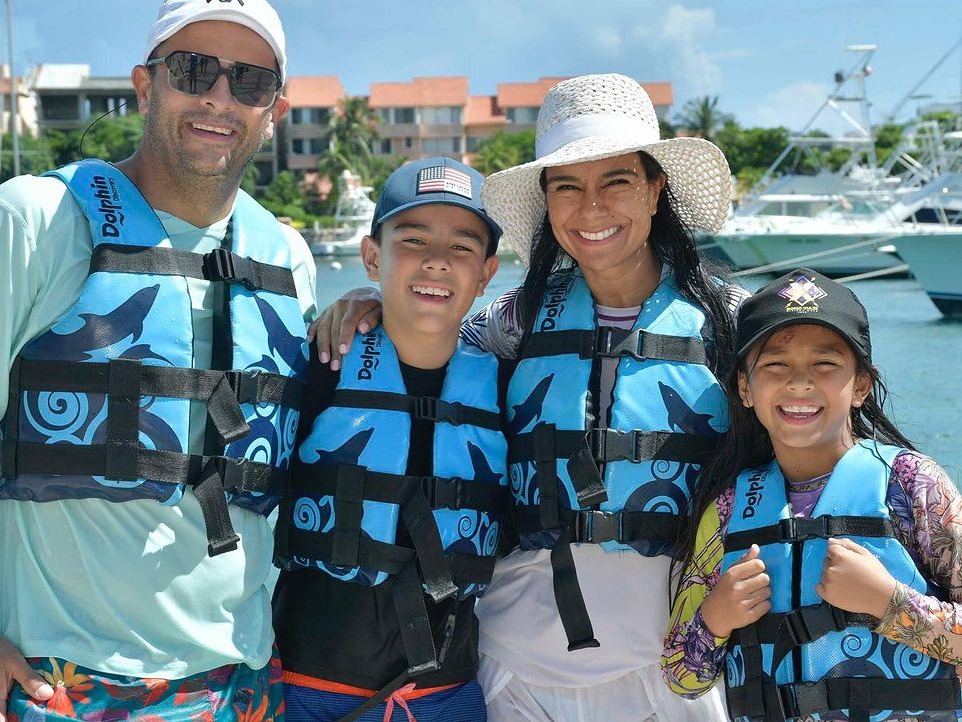- The significance of marine mammals in ecosystems and their unique adaptations.
- Zoo management practices and the role of zoos in wildlife conservation.
- Educational opportunities offered to families through interactive experiences with marine mammals.
- Conservation challenges facing marine mammals and collaborative efforts to address these issues.
- The impact of public engagement and awareness in advancing marine mammal conservation.
Marine mammals, such as dolphins, sea lions, and whales, play critical roles in marine ecosystems. They are not only captivating creatures but also indicators of ocean health. Scientifically classified in various families like Cetacea (whales and dolphins) and Pinnipedia (seals and sea lions), these mammals exhibit adaptations that allow them to thrive in aquatic environments. From echolocation in dolphins to thick blubber in seals, each adaptation serves a vital purpose. Understanding these adaptations aids in educating the public about biodiversity and the ecological balance.
Zoos serve not only as venues for entertainment but also as critical conservation and research centers. Modern zoo management emphasizes animal welfare, conservation, and education. In partnership with research institutions, zoos develop breeding programs and conduct scientific studies to conserve endangered marine species. Advanced facilities simulate natural habitats, enabling animals to express natural behaviors while educating visitors about their life cycles and ecological roles.
Experiences like those offered by interactive programs with marine mammals engage families through hands-on learning. These programs can spotlight conservation messages, encouraging visitors to participate in conservation efforts. Activities might include educational talks, feeding sessions, and behavior demonstrations to illustrate marine mammal intelligence and social structures. This immersive learning fosters a conservation mindset in both children and adults.
Conservation challenges such as pollution, climate change, and habitat destruction threaten marine mammals globally. Collaborative efforts involving governmental and non-governmental organizations are essential to mitigate these threats. Initiatives focus on reducing bycatch, protecting critical habitats, and legislating against harmful pollutants. Conservationists work tirelessly to align international policies and promote sustainable practices to safeguard marine mammal populations.
Public engagement is crucial in furthering marine mammal conservation. Awareness campaigns, media outreach, and educational programs enhance public understanding of conservation issues. When people encounter marine mammals and learn about their plight, they are more likely to support conservation initiatives and advocate for policy changes. This collective effort is instrumental in driving the conservation agenda forward, fostering a sustainable future for our oceans.
By continually featuring experiences with marine mammals, educational institutions and conservation organizations inspire a new generation of environmental stewards. These efforts highlight the interconnectedness of all life forms and encourage proactive involvement in preserving our natural world.
*****
Source Description
¡Una experiencia para toda la familia! Conoce a nuestros adorables Mamíferos Marinos ¡Reserva ahora! 💙
An experience for the whole family! Meet our adorable Marine Mammals. Book now! 💙


